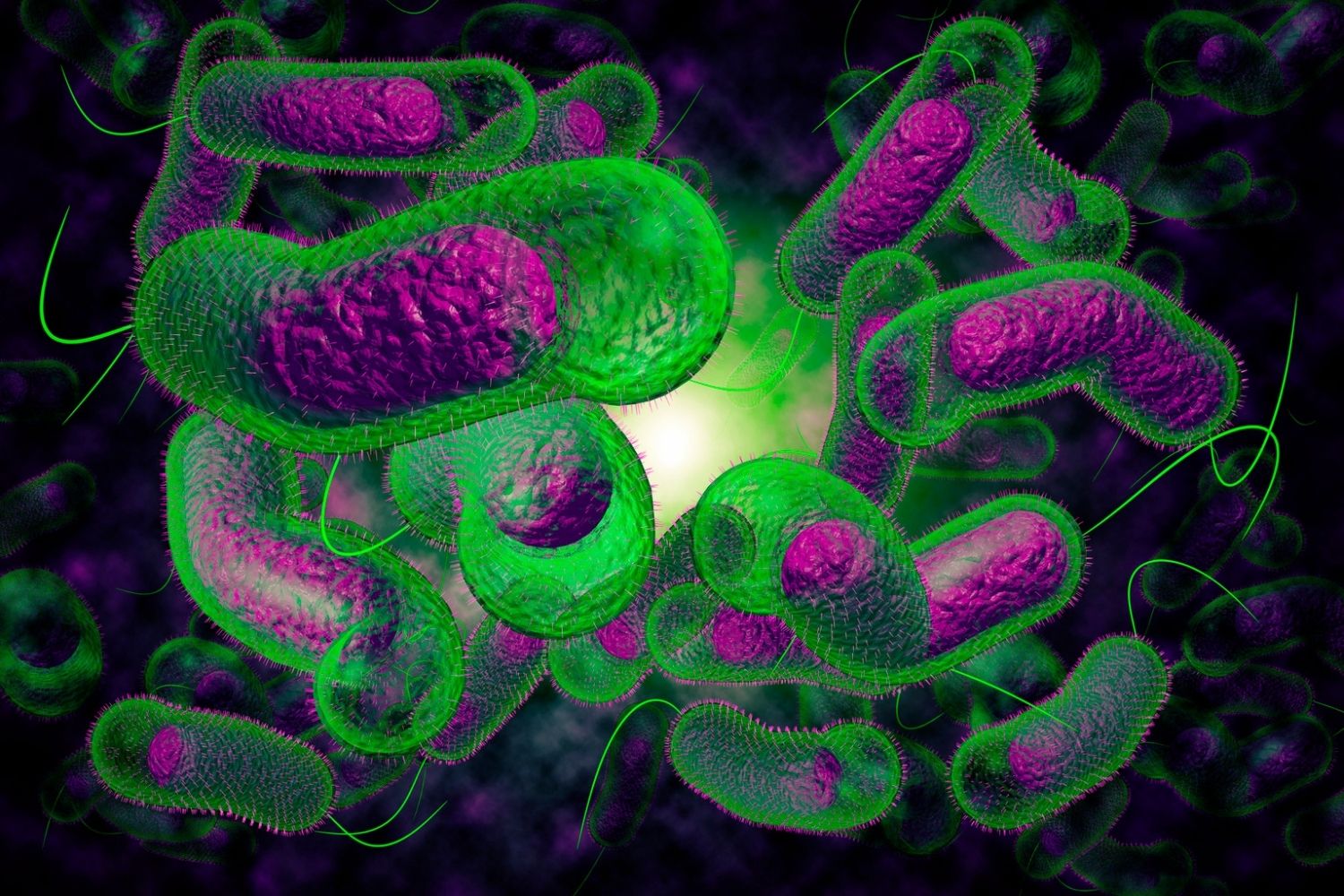
Toxins are everywhere, from the air we breathe to the food we eat. But what exactly are they? Toxins are harmful substances produced by living organisms, including plants, animals, and bacteria. They can cause a range of health issues, from mild irritation to severe illness. Understanding toxins is crucial for maintaining good health and avoiding potential dangers. In this blog post, we'll explore 26 fascinating facts about toxins that will help you better understand these hidden hazards. Whether you're curious about natural toxins or those created by human activity, this guide will provide valuable insights to keep you informed and safe.
What Are Toxins?
Toxins are harmful substances produced by living organisms. They can come from plants, animals, bacteria, and fungi. Understanding these substances is crucial for health and safety.
-
Toxins can be natural or synthetic. Natural toxins come from organisms, while synthetic ones are man-made.
-
Botulinum toxin is one of the most potent toxins known. Just a tiny amount can be deadly.
-
Snake venom contains toxins that can paralyze or kill prey. Different snakes have different types of venom.
-
Plants like poison ivy produce toxins that cause skin irritation. These toxins are a defense mechanism.
How Do Toxins Affect the Body?
Toxins can impact the body in various ways, depending on their type and concentration. Some cause immediate harm, while others have long-term effects.
-
Neurotoxins affect the nervous system. They can cause symptoms like paralysis, seizures, and even death.
-
Hepatotoxins damage the liver. Alcohol and certain medications can be hepatotoxic.
-
Cytotoxins kill cells. They are often used in cancer treatment to target and destroy cancer cells.
-
Hemotoxins affect the blood. They can cause blood clotting or bleeding disorders.
Sources of Toxins
Toxins can be found in various places, from the food we eat to the air we breathe. Knowing their sources helps in avoiding exposure.
-
Food can contain natural toxins like those in certain mushrooms and shellfish. Proper cooking can reduce these risks.
-
Air pollution contains toxins from industrial emissions and vehicle exhaust. Long-term exposure can lead to respiratory issues.
-
Water can be contaminated with toxins from agricultural runoff and industrial waste. Drinking contaminated water can cause serious health problems.
-
Household products like cleaning agents and pesticides contain synthetic toxins. Always use them as directed to minimize risk.
Toxins in Everyday Life
Toxins are more common in daily life than many realize. Awareness can help in making safer choices.
-
Cosmetics can contain toxins like parabens and phthalates. Opt for products labeled as non-toxic or organic.
-
Plastic containers can leach toxins like BPA into food and drinks. Using glass or stainless steel alternatives is safer.
-
Processed foods often contain additives and preservatives that can be toxic in large amounts. Eating fresh, whole foods is healthier.
-
Cigarette smoke contains numerous toxins, including nicotine and tar. Quitting smoking reduces exposure to these harmful substances.
How to Reduce Exposure to Toxins
Reducing exposure to toxins is essential for maintaining good health. Simple lifestyle changes can make a big difference.
-
Eating organic foods reduces exposure to pesticides and other agricultural chemicals.
-
Filtering water removes many toxins. Using a high-quality water filter can improve water safety.
-
Ventilating your home helps reduce indoor air pollution. Open windows and use exhaust fans to improve air quality.
-
Reading labels on household products helps identify and avoid toxic ingredients. Choose products with fewer chemicals.
The Role of the Liver in Detoxification
The liver plays a crucial role in detoxifying the body. It processes and eliminates toxins, keeping the body healthy.
-
Liver enzymes break down toxins into less harmful substances. These are then excreted from the body.
-
Alcohol is processed by the liver. Excessive drinking can overwhelm the liver and lead to damage.
-
Medications are also processed by the liver. Taking too many medications can strain the liver.
-
Healthy diet supports liver function. Foods like garlic, turmeric, and leafy greens are particularly beneficial.
Interesting Facts About Toxins
Toxins have fascinating aspects that go beyond their harmful effects. Some have surprising uses and origins.
-
Fugu fish contains a deadly toxin called tetrodotoxin. Chefs must be specially trained to prepare it safely.
-
Honey can contain natural toxins from certain flowers. These toxins can cause "mad honey disease," leading to dizziness and nausea.
Final Thoughts on Toxins
Toxins are everywhere. From the air we breathe to the food we eat, these harmful substances can sneak into our lives. Understanding the different types of toxins, their sources, and their effects on our health is crucial. Some toxins come from natural sources like plants and animals, while others are man-made, found in pesticides, plastics, and industrial waste.
Knowing how to reduce exposure is key. Simple steps like eating organic foods, using natural cleaning products, and avoiding plastic containers can make a big difference. Staying informed and making conscious choices can help protect you and your loved ones from the harmful effects of toxins.
Remember, knowledge is power. By staying aware and proactive, you can lead a healthier, toxin-free life. Stay curious, stay safe, and keep learning about the world around you.
Was this page helpful?
Our commitment to delivering trustworthy and engaging content is at the heart of what we do. Each fact on our site is contributed by real users like you, bringing a wealth of diverse insights and information. To ensure the highest standards of accuracy and reliability, our dedicated editors meticulously review each submission. This process guarantees that the facts we share are not only fascinating but also credible. Trust in our commitment to quality and authenticity as you explore and learn with us.
